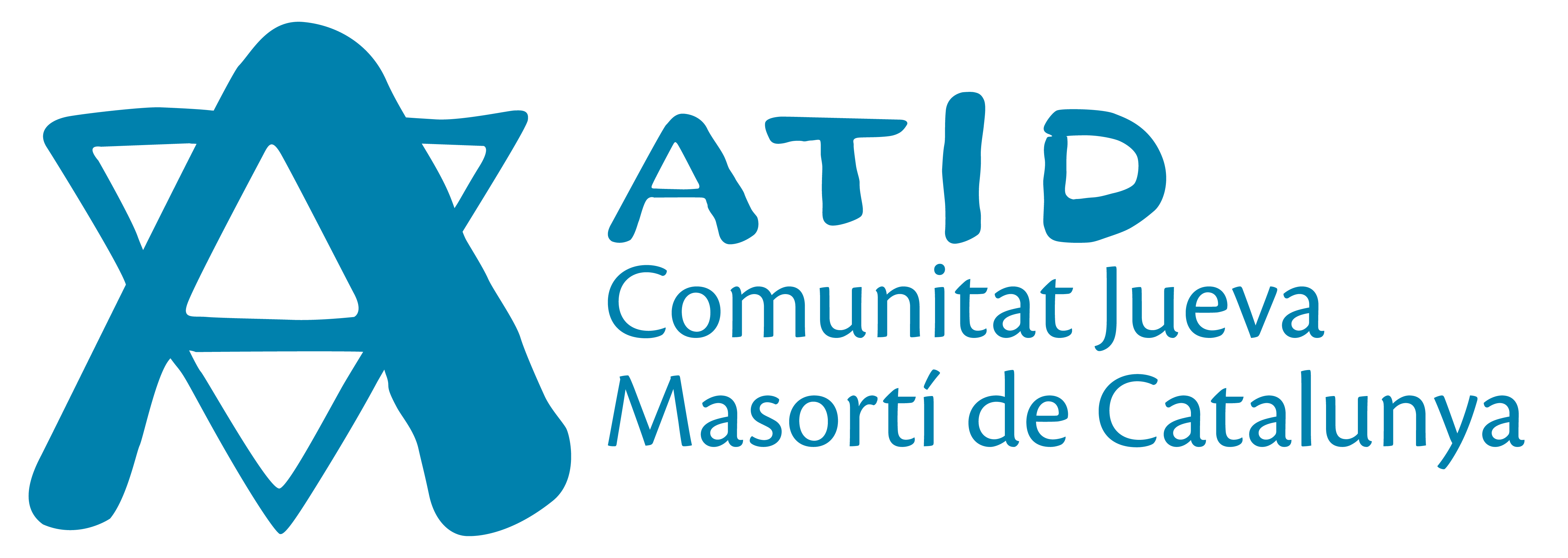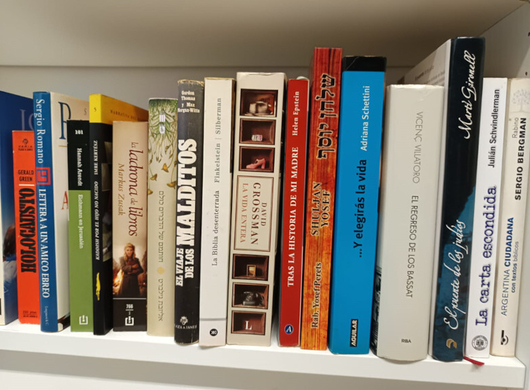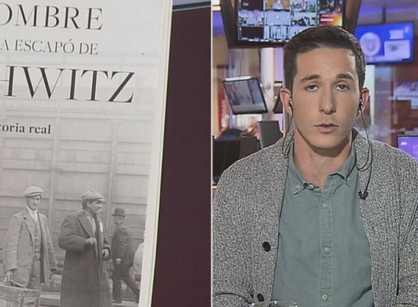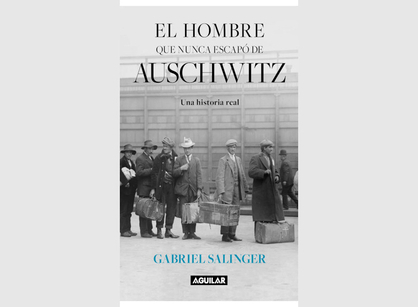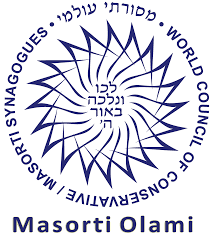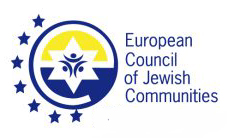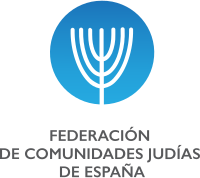Pesaj 5784: This year is different from every year
Tonight we will not only sing Ma nishtaná halaila haze, tonight we will talk about Ma nishtaná hashana hazé. Why is this year different from all other years? Because every year we have an empty chair waiting for Eliyahu, but this year we will have 133 empty chairs, and many others, all those chairs that would have been occupied by those who were cruelly murdered and/or kidnapped on October 7, 2023. Every Pesach we have a cup overflowing with wine for Eliyahu and another one of water for Miriam, but this year we will have an empty cup for all the absent ones. This year, with every question, with every answer, with each of the symbols of our Pesach seder, it will be inevitable to speak and remember the absent ones, those we lost, and those we hope will return.
The maror will no longer be a bitter herb that recalls a distant past among the pyramids of Egypt, the maror will reaffirm the bitterness we are living. The salt water in which we dip the herbs will not only be a symbol of the tears shed by the slaves in Egypt, but will represent the tears we have shed since October 7. The matzah we will break will not only be for the children to find the afikoman, but a symbol that something has broken within ourselves. This year finding the afikoman will not be just a children's game, this year it will be a symbol of how we are trying to find the piece that seems to have broken within each of us, what is missing to be able to move forward, whole, as individuals in the face of this terrible wave of incomprehension and antisemitism we are experiencing, but it will also be a symbol of how to rebuild ourselves as a community and as a people.
This year it will be very strange to try to find a message of hope and joy in the seder, it will be very difficult to wish each other a happy Pesach, but we must not lose hope, because the symbols are there, and we must know how to find them. As I said before, as if we were children looking for the afikoman, tonight we must try to find that piece of matzah that has broken inside us. And the elements are there, within our reach, on the keará laid out before us at the seder.
To begin with, the charoset. What is charoset if not the sweetest element of the whole keará? Whatever the recipe, it is the sweetest element of all. But what it represents is far from being something sweet, but rather bitter. What irony that the mortar with which we were supposed to build the pyramids is the sweetest element of our keará! Why? Why turn that symbol of slavery into something so sweet? Because the mortar was used for building, even if they were pyramids, and that same mortar that caused us so much grief and so many troubles in Egypt, we have turned it in our seder into the recipe to sweeten the bitter herbs, the lettuce, the parsley and even the tasteless matzah. We have transformed a symbol of slavery into a symbol of hope in a sweeter future where even the mortar is sweet.
The matzah will not be the only thing we will break tonight, also in remembering the exodus from Egypt, we will remember how the waters will part, or "break" so that the people fleeing from Egypt can pass through and reach the other side safe and sound, and thus be born as a people. Miriam will lead the crossing of the "Sea of Reeds" that will open before her, singing a song of victory. But victory will not only be having survived the Egyptian attack, but surviving in the desert. That is why we remember Miriam with a cup of water, the water that thanks to Miriam we will find in the desert. Miriam's name is composed of the root of "bitter" (mr) and the root of "sea" (iam), "bitter sea", but thanks to her, to that sea that opened so that we could pass, we became free beings and, afterwards, we survived in the desert. Water is not only an element to survive in the desert, but water is the element that purifies us, as we have learned these weeks reading Vayikra, and renews us, however bitter and harsh the experience may be.
What is different this year from other years? What is different this night from all other nights? This year the ritual that will be transformed into narrative will be an exercise in memory of past memories, of friends, family, acquaintances and strangers who cannot be here tonight in this seder that we all Jews celebrate tonight. Tonight we will not be able to feel free no matter how much we want to, nor joyful, nor will we believe it is enough, the "dayenu". This year we will have to wish for freedom, joy and believe again that it is enough, "dayenu", in order to be able to welcome back all those who are no longer here and may never return, with the strength of those who must move forward despite everything.

